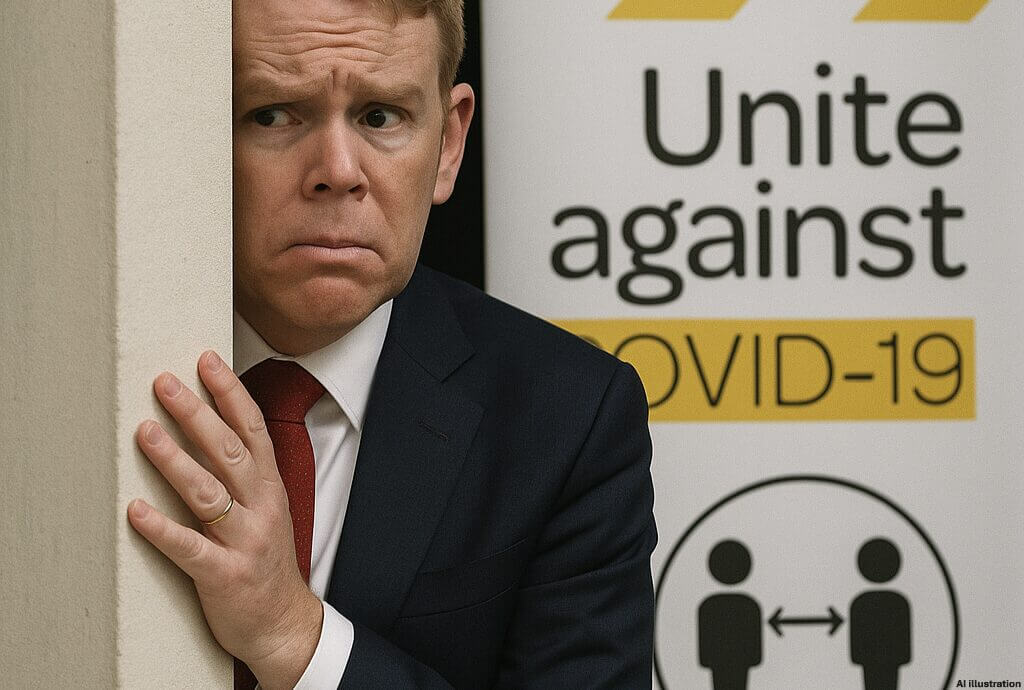Summarised by Centrist
Many households in New Zealand earn less than the average of $132,000 per year. Even though these individuals have jobs, their incomes are too low to lift them out of poverty. This is often due to rising living expenses, thereby pushing them towards ‘in-work poverty.’
Economist Satish Ranchhod highlights how essentials like food, rent, and non-discretionary expenses like mortgage rates are gobbling up most of the income, leaving little for improving quality of life.
Stats NZ estimates that households spend about $640 a week on essentials, with housing alone averaging $600.
Housing costs have surged, with mortgages up by 27.5% and rents up 4% from last year. On top of this, local council rates, insurance, and food prices continue to rise, pushing more households into in-work poverty.
AUT’s Professor Gail Pacheco notes that employment no longer guarantees protection from poverty.
Pre-COVID studies showed that 40% of children in poverty lived in working households. Now, given the cost of living increases, the rate of in-work poverty is likely much higher.



















